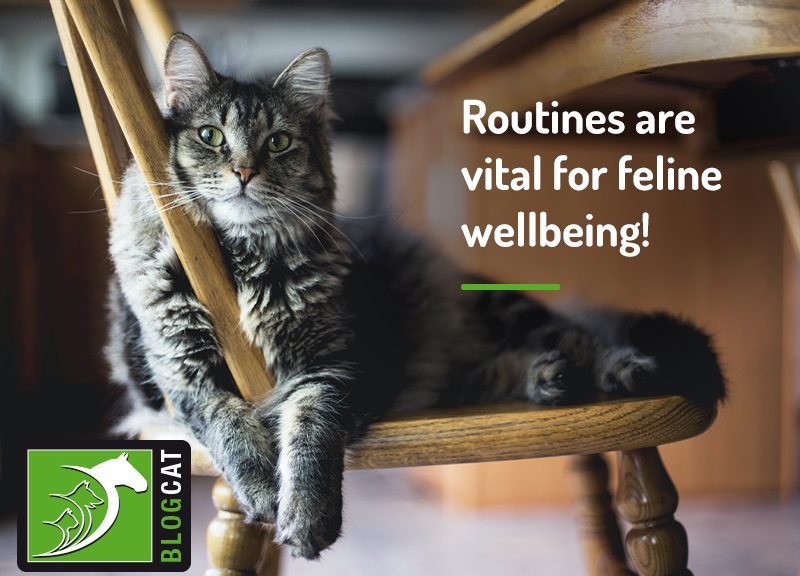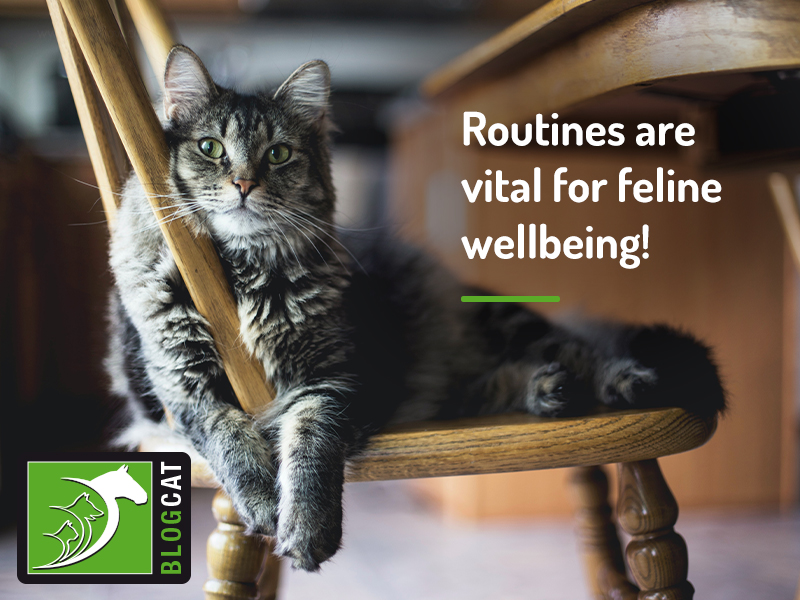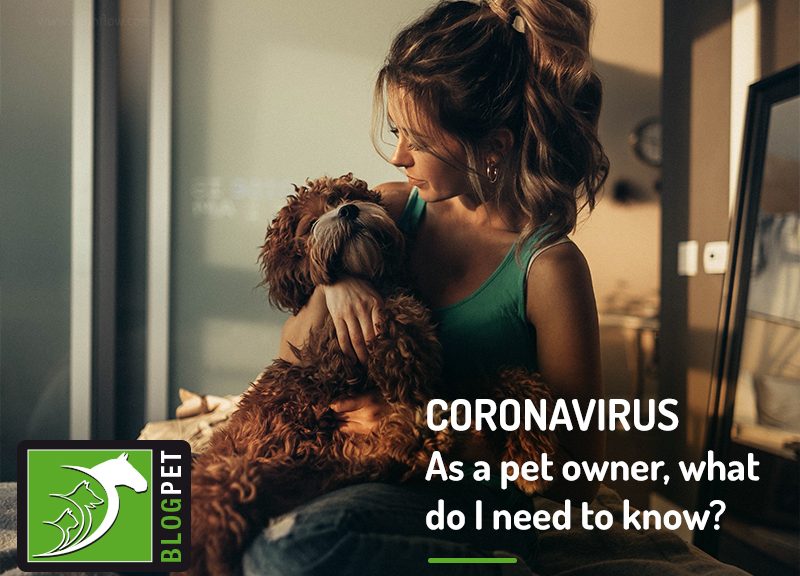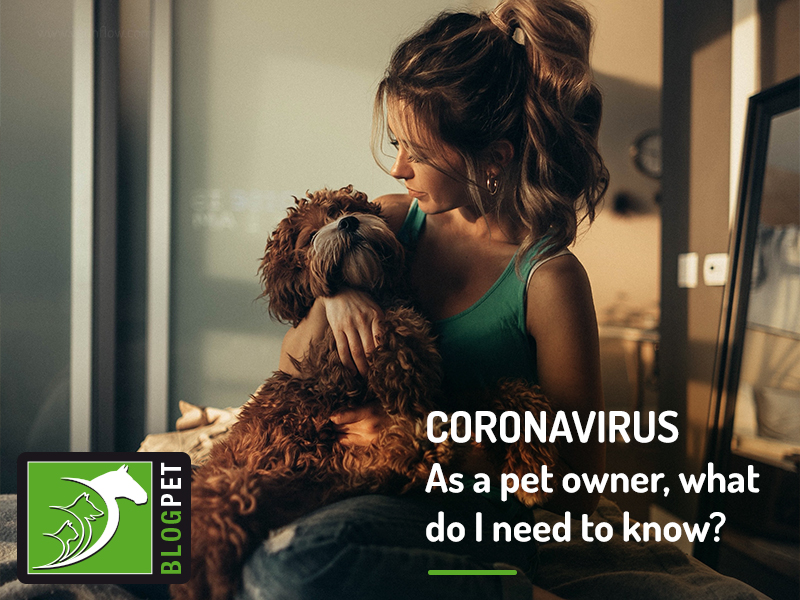Cats may seem to be whimsical pets who enjoy doing all sorts of random things (usually involving pushing fragile objects off the shelves!) but, the truth is, they are animals that rely on stable routines to feel confident and safe.
They like to know who will be home (and when), at what hours they can expect your full attention, and to have the best places available to nap when the mood strikes. Does this sound familiar?
Because most of us have altered our routines in one way or another due to the current Coronavirus pandemic, it’s important to be aware of how these changes can affect our pets. Not only may we feel a little more stressed sometimes, which pets can be sensitive to, but domestic organisation may also have been thrown into complete disarray.
If your purring pal seems a bit unsettled or is exhibiting odd behaviours like excessive vocalisation, for example, it may be a sign that they are trying to adapt to change and develop new habits.
Help them along during this time by reviewing if your home is still a cosy cat corner:
- Is there a place where your cat can retire to if he or she needs to be away from people or other pets?
- Are you taking the time to play and have meaningful interactions with your cat?
- Do they have enough ways to stave off boredom, for instance with toys, unobstructed windows or a place to hang out with you while you work?
Some cats will be more troubled by this than others, but with disruption comes increased anxiety, which can originate odd behaviours, as we have mentioned, or even a decline in overall health.
Cats, in their normal state, are masters at hiding pain and discomfort. With all of these sudden changes, it can be easy to dismiss signs of illness as being something your pet is doing because their routines have been altered!
It’s vital to keep a keen eye on them during this time to make sure they feel comfortable and to detect any problems that may arise. If you have any questions, do not hesitate to contact your vet for advice.
Would you like to know more about cats? Check our Feline Courses:
Feline courses



